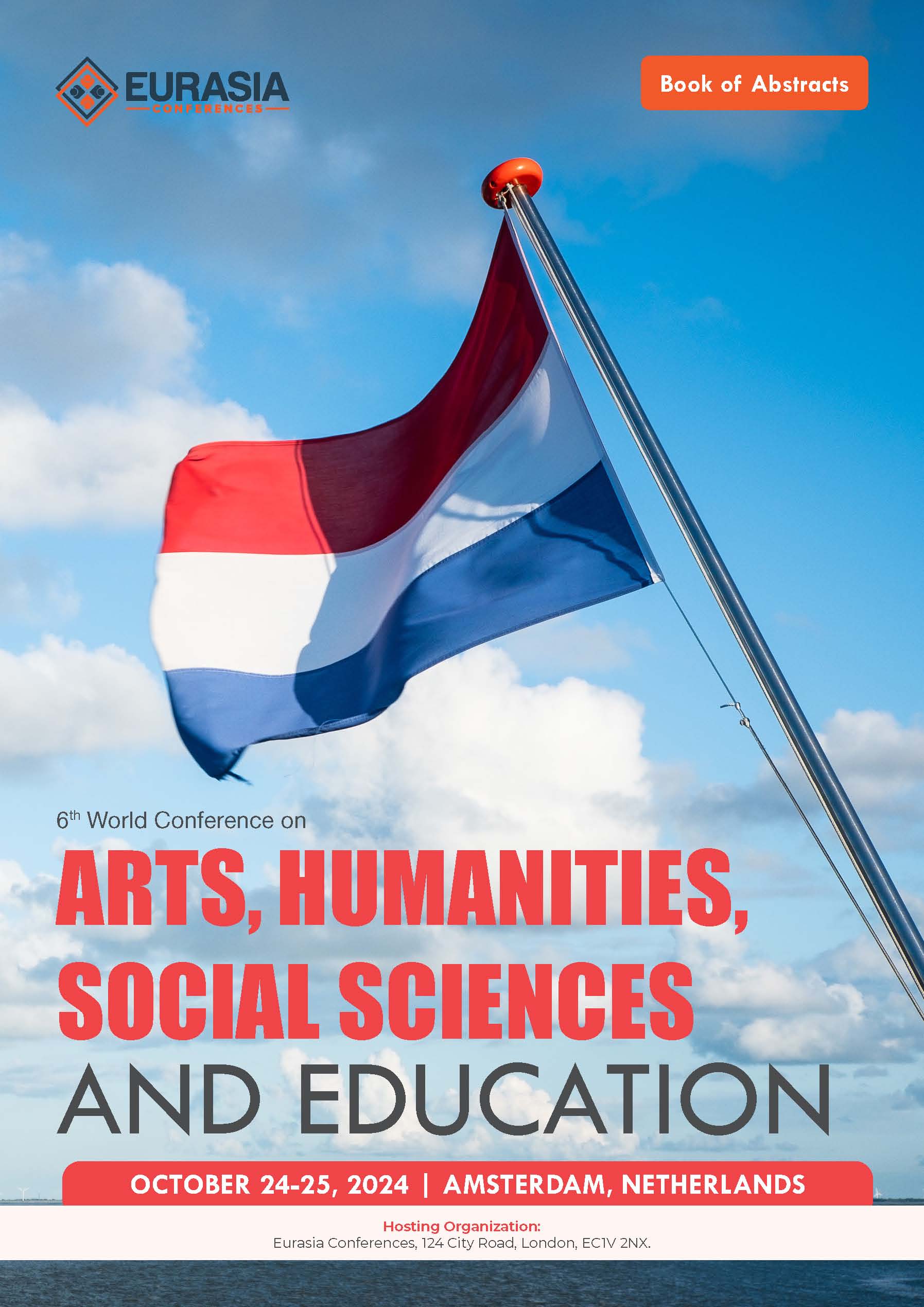
Dr. GL Babili
Empirical evidence suggests that communication among deaf individuals is easier than it is in spoken languages. However, this procedure has not been thoroughly examined in peculiar situations such as police interrogation. This study, like a few others (Russell, 2002; McCay & Miller, 2005) takes a linguistic approach to investigate the challenges that arise when police interview members of the deaf and hard-of-hearing communities. This is with the base for highlighting their potential real-world implications, thereby providing mitigative mechanisms. Drawing on Rock and Katz's traditions, the study uses ethnography (a hallmark–qualitative research) to gather the views of sign language users from the Deaf Federation of South Africa and police officers who do not share a language. The objectives of the study are a) to determine the challenges that arise when deaf and hard-of-hearing people report criminal incidents to the police, b) to establish how these challenges impact evidential value in the police report, and c) to determine the possible strategies (if any) that can be adopted to extenuate these issues. Papers such as this are significant in that they generate spinoffs on how the government, through policies and practice, take issues of language development seriously to mitigate the circumstances of possible marginalisation.